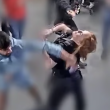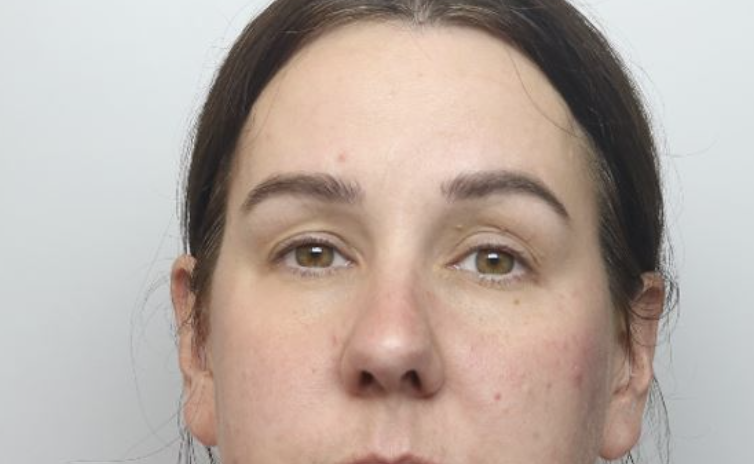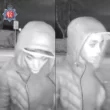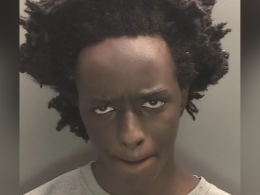A woman serving a 31-month prison sentence for posting incendiary social media messages during last year’s Southport riots has been denied temporary release to visit her terminally ill husband and 12-year-old daughter, despite meeting the eligibility criteria.
Lucy Connolly, 42, from Northampton, pleaded guilty in October to inciting racial hatred after publishing a tweet that called for “mass deportation” and the burning of migrant hotels. The post, made during the unrest that followed false rumours about an immigrant’s involvement in the murder of three children, was deleted shortly after it was published but had already been seen by over 300,000 people.
Following her arrest and conviction, Connolly was imprisoned at HMP Peterborough before being transferred to HMP Drake Hall in Staffordshire. Since November, she has technically qualified for Release on Temporary Licence (ROTL), which allows low-risk prisoners to spend up to two nights at home twice a month to maintain family connections. However, Connolly’s applications to visit her husband Ray—who is battling bone marrow failure—and to be with her young daughter, who is reportedly struggling emotionally and academically, have been repeatedly blocked.
Documents reviewed by The Telegraph suggest Connolly’s requests have been hindered not by risk, but by concerns over public and media scrutiny. Notes from HMP Peterborough explicitly mention that her case’s media attention could negatively impact any ROTL decisions. A prison spokesperson maintained that all ROTL applications undergo “rigorous scrutiny,” weighing the seriousness of the offence, inmate behaviour, and public safety.

Despite these claims, Connolly has reportedly earned enhanced privileges for good behaviour, bolstering her case for temporary release. Still, the outcome of her current request remains under review by the governor at HMP Drake Hall.
Former prison governor Ian Acheson criticised the delay, suggesting Connolly was “an ideal candidate for early release.” He warned that her notoriety should not be a disqualifying factor: “It would be perfectly possible for prison authorities to set conditions that preclude any media exposure.”
Acheson further argued that more dangerous individuals are being released under emergency legislation to ease overcrowding, calling the handling of Connolly’s case “inconsistent.”
The situation has sparked debate over balancing public interest and media scrutiny with compassion and procedural fairness in the prison system. While Connolly’s comments were widely condemned, supporters argue that her case highlights potential bias in applying release policy.
The Ministry of Justice has not confirmed when a final decision on Connolly’s ROTL request will be made.










